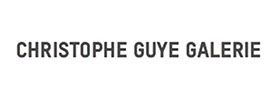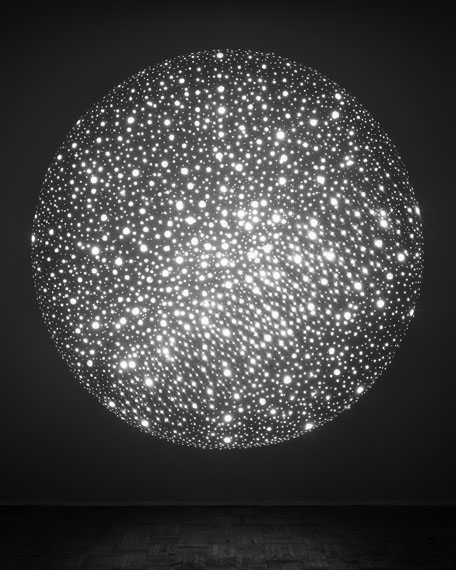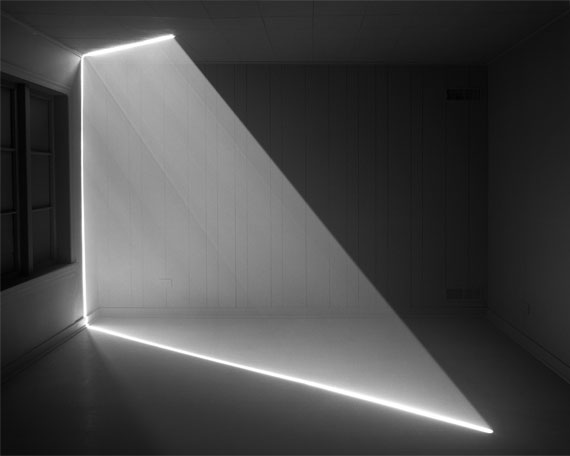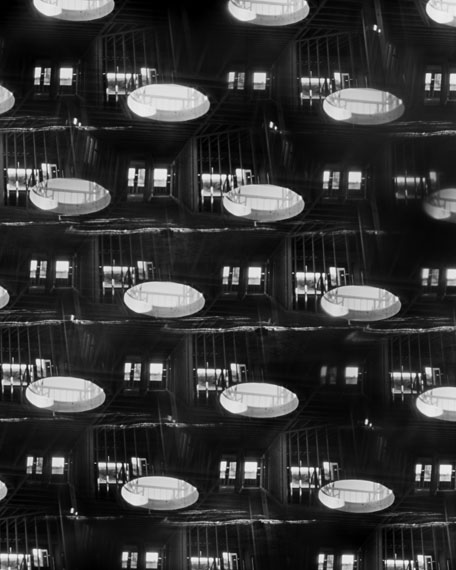
Drill Holes Through Film Canister (Red), 2013
Archival Pigment Print on Fibre Paper
213,3 x 162,5 cm ( 84 x 64 in.)
Edition of 5, plus 2 AP's
© James Nizam / Courtesy of Christophe Guye Galerie, Zurich/Switzerland
James Nizam »
Breaking Light
Exhibition: 25 Oct – 30 Nov 2013
Thu 24 Oct 18:00 - 20:00

Christophe Guye Galerie
Dufourstrasse 97
8008 Zürich
+41 (0)44-2520111
contact@christopheguye.com
www.christopheguye.com
Mon-Fri 10-18, Sat 11-16

Drill Holes Through Film Canister 1, 2012
Archival Pigment Print on Fibre Paper
91,44 x 76,2 cm (36 x 30 in.)
Edition of 5, plus 2 AP's
© James Nizam / Courtesy of Christophe Guye Galerie, Zurich/Switzerland
JAMES NIZAM
Breaking Light
Exhibition: 25th October – 30th November 2013
Opening reception: Thursday, 24th of October, from 6 – 8 pm
James Nizam’s first European exhibition opens, this fall, with an appropriately introductory selection of work; but also one indicative of a practice’s advancement through a kind of return. Culling from his last body of photographic images, “Curious Perspectives,” Nizam reveals a new series to run alongside it, producing an important contrast that reads like a conversation’s extension, or even completion, regarding the intrinsic qualities of his chosen medium.
Nizam employs the eye and as an extension of this, the aperture as his pivot point. Whether exploring the optics, breaking points, and possible patterning that extends outwards from its foundation; or reflecting on the artful possibilities that lie within its mechanism, Nizam returns us to an essentialist conversation on this still-evolving medium.
Leading the selective editions included in the “Breaking Light” compilation is a new “drill hole” series, which features abstracted and light-infused color fields that pool across the film plane, while perforations stud and crack their surface. To achieve these, Nizam experimented with drilling directly into film canisters and exposing them to the light, returning to the very examinations that informed the photographic canon’s earliest achievements.
In his “Building Views” series, Nizam experiments with a pinhole camera’s apertures and focal lengths in order to speculate on photography through architectural studies, a study that certainly owes something to the formative images of Eadweard Muybridge, Laszló Moholy-Nagy, Charles Sheeler, Paul Strand, and Etienne-Jules Marey, to name just a few. Because at a time when technical improvements enabled photographers to make sharper pictures (much as digital advancements continue to provide our generation with similarly advancing options), many of these early-twentieth century artists receded back to the basics: how the eye perceives, the optics of light, the frame’s temporal limitations, and where figuration meets abstraction. The leading Dadaist Tristan Tzara famously prefaced Man Ray’s series “The Delicious Fields” (1922), by demanding that photography be turned “inside out.” As Nizam parallels these formative experiments, we’re reminded of the medium’s earliest proponents attempting to “make strange” the appearance of the world, to confuse habits of seeing, and organize reality through abstract form. Indeed Nizam isn’t endeavoring something new so much as something vitally and continually important: how do we see, and how do we frame our perceptions? Through demanding new answers to cardinal questions, Nizam contributes to the production of a still- forming photographic language.
Strident articulations of anamorphic form strike contrasts with Nizam’s “Building Views” and “Drill Holes Through Film Canister,” where fractured frames and diffused light indirectly reference window fenestrations, film reels, modernist architecture, and stained glass. Light has been left to greater chance, then, and studied controls have given way to spontaneity and the phenomena of the medium. As a result, the very materiality of light, rather than its constructs, provides the subject at hand. But, like dust mites swimming in sunlight, Nizam circles less tangible referents, too. He lends image to the ineffable challenge — the very phenomenon — of image-making itself. And whether his experiment takes the form of directed light patterning, or fractured, nearly Escher-like stairwells, he’s charting a Borgesian course through the grey darkness of a young medium’s advancement.
Sky Goodden
October, 2013�

Drill holes through Studio Wall, 2011
Archival Pigment Print on Fibre Paper
152,4 x 121,92 cm ( 60 x 48 in. )
Edition of 5, plus 2 AP's
© James Nizam / Courtesy of Christophe Guye Galerie, Zurich/Switzerland
James Nizam (*1977) is a Canadian artist currently based in Vancouver. His art practice investigates the workings of memory by exploring the relationship between photography and architecture and their capacity (alone an in conjunction) to comment on the vagaries of the mnemonic artefact. Nizam’s work has been exhibited extensively in Canada and abroad with upcoming solo exhibitions at Birch Libralato Toronto, Christophe Guye Zurich, and the Yukon Arts Centre. A recent recipient of a research and creation grant from the Canada Council for the Arts, Nizam’s work has also been recognized and reviewed in publications such as Canadian Art, Flash Art, Border Crossings, The British Journal of Photography, and Kalimat Magazine. In 2011, he was long listed for the Sobey Art Award, Canada’s preeminent award for Canadian Contemporary Art. In 2012, Nizam was commissioned by Louis Vuitton and recently, he was selected as a finalist for the Concord Pacific Public Art Competition.

Shard of Light, 2011
Archival Pigment Print on Fibre Paper
121,9 x 152,4 cm (48 x 60 in.)
Edition of 5, plus 2 AP's
© James Nizam / Courtesy of Christophe Guye Galerie, Zurich/Switzerland

Building Views
2013
Archival Pigment Print on Fibre Paper
152,4 x 121,9 cm ( 60 x 48 in. )
Edition of 5, plus 2 AP's
© James Nizam / Courtesy of Christophe Guye Galerie, Zurich/Switzerland